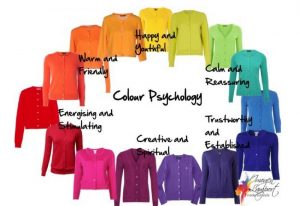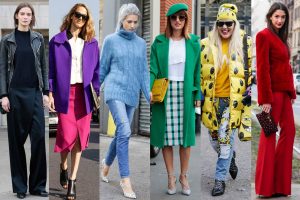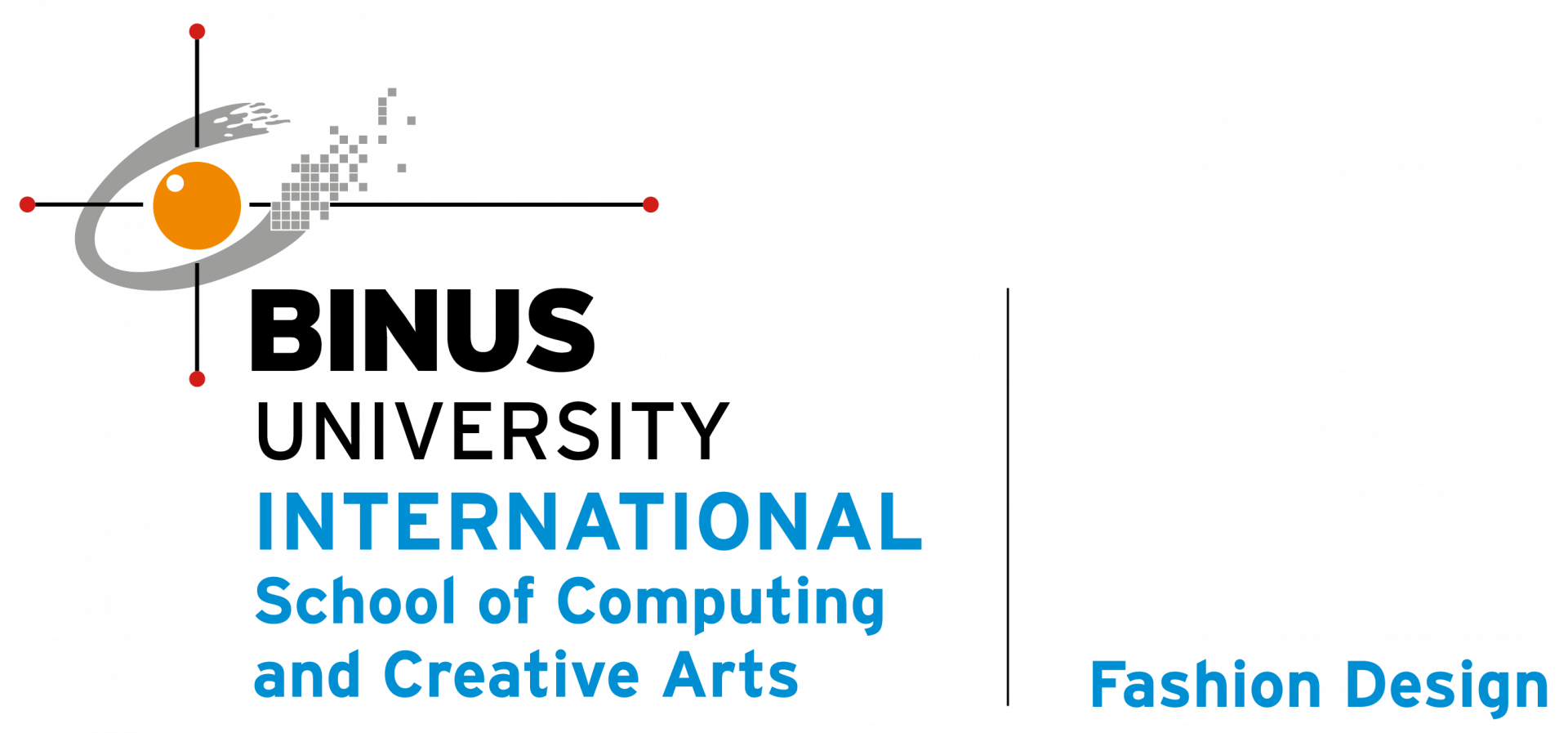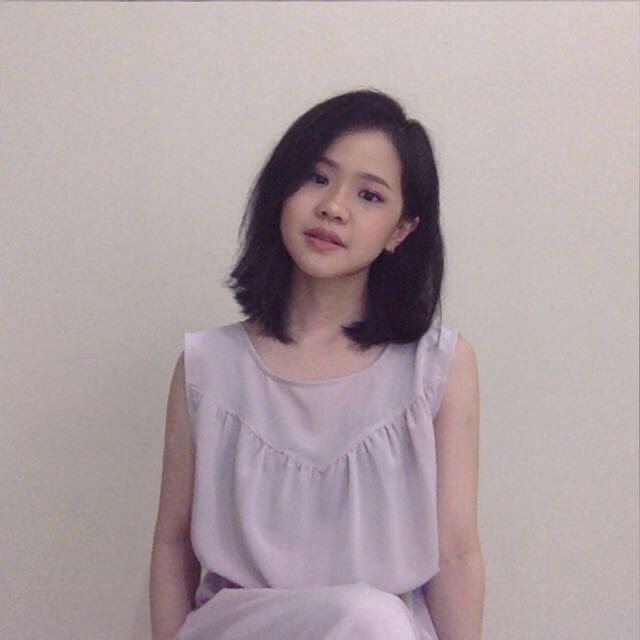Fashion Psychology: Colour
Fashion psychology is an intriguing and dynamic field that delves into the intricate relationship between clothing and human behavior, exploring how what we wear influences our thoughts, feelings, and interactions. It’s an interdisciplinary study that merges elements of psychology, sociology, and fashion to unravel the profound impact of attire on our psyche.
Clothing isn’t merely a form of self-expression; it’s a tool that shapes our perceptions and influences our cognitive processes. The phenomenon known as “enclothed cognition” highlights how the clothes we wear can impact our mental state and performance. Wearing specific outfits can evoke emotions, alter confidence levels, and even affect cognitive abilities, underscoring the deep connection between attire and mindset. Furthermore, fashion psychology delves into the role of clothing in social interactions and identity formation. Our attire serves as a non-verbal communication tool, sending subtle cues about our personality, status, and cultural affiliations. The clothes we choose often reflect our self-perception and influence how others perceive us, leading to assumptions and impressions that can shape social dynamics.
Understanding fashion psychology unveils the psychological processes behind consumer behavior and fashion choices. It unravels the emotional connections individuals forge with certain brands, styles, or trends, shedding light on why certain clothing items hold sentimental value or evoke specific emotions. Moreover, fashion psychology acknowledges the transformative power of clothing. The concept of “dress for success” isn’t merely a cliché; it embodies the psychological impact of dressing in a way that aligns with one’s goals, fostering a sense of confidence and empowerment.
This burgeoning field continues to evolve, offering insights into how fashion intertwines with human cognition, emotions, and societal influences. Exploring fashion through a psychological lens not only deepens our understanding of human behavior but also underscores the significance of clothing beyond its aesthetic appeal, revealing its profound impact on our minds and lives.
Fashion Psychology also include color psychology, and it is a fascinating exploration of how different hues evoke emotions, influence perceptions, and impact our wardrobe choices. Beyond mere aesthetics, colors play a powerful role in shaping our moods, attitudes, and how we are perceived by others, making them a vital aspect of fashion and personal style. Each color possesses its own psychological properties, creating a spectrum of emotional responses. For instance, red exudes passion, energy, and confidence, often seen as a bold and attention-grabbing choice in fashion. Meanwhile, blue conveys calmness, trust, and professionalism, commonly found in formal wear or work attire for its authoritative yet soothing effect.

The selection of colors in clothing can significantly impact one’s mood. Vibrant, cheerful hues like yellow and orange are associated with happiness and vitality, making them popular choices for summer wardrobes or activewear. In contrast, muted tones such as pastel shades or earthy tones like greens and browns evoke feelings of serenity and connection to nature. Understanding color psychology helps individuals curate wardrobes that align with their emotions and intentions. It empowers them to use colors strategically, whether to boost confidence, radiate positivity, or make a statement. Moreover, color coordination in fashion can evoke harmony and balance, creating visually appealing ensembles that resonate with personal style.
Fashion designers leverage color psychology to evoke specific emotions or set the mood for their collections. Runway shows often showcase a carefully curated palette that aims to convey a narrative or invoke a particular sentiment, influencing fashion trends and consumer preferences. In essence, color psychology in fashion goes beyond mere aesthetics; it’s a language that communicates emotions, attitudes, and intentions. By harnessing the power of colors, individuals can create fashion statements that not only look visually appealing but also resonate deeply with their inner emotions and outward expressions.


